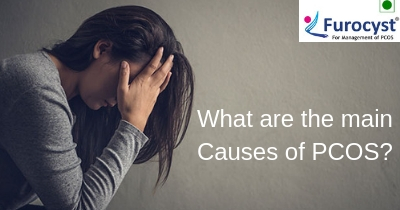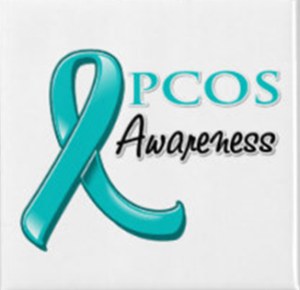In India, Polycystic ovarian syndrome is one of the most common endocrine disorders affecting women. Reportedly, around 10 per cent of women in India are affected with polycystic ovarian syndrome (PCOS). In recent years, it has become evident that beyond a reproductive or cosmetic problem, PCOS represents a metabolic risk. Many women with PCOS have hypertension, impaired glucose tolerance, lipid abnormalities, obesity, or any combination of these and looking for natural treatment for PCOS. Even those patients who are seen for infertility “only” need to be screened for these metabolic risk factors, and they require counseling regarding this risk and its management.

It has been observed that weight control improves many aspects of PCOS. The cycles become more regular, androgen levels are reduced, lipid and glucose metabolism improves, and spontaneous pregnancy may follow. A weight reduction of even a few percent has clinical benefits. This is because visceral fat is metabolically more active, and weight loss of a few percent is associated with significant loss of visceral fat. On the basis of these observations, weight management by dieting and exercise is recommended to all women with PCOS. All women with PCOS should be encouraged to follow a healthy diet and to engage in regular exercise. Their chance to achieve a pregnancy will improve and the risks during pregnancy will be reduced. A healthier lifestyle will also reduce their long-term risks for diabetes, hypertension and cardiovascular disease.
Sustainable weight loss through dietary modification and exercise along with regular intake of FUROCYST can give positive results in PCOS management. Furocyst is an innovative product (extracted and developed through a novel & innovative U.S. patented process) involving separations of active ingredients from the natural plant without affecting chemical properties of the active fractions. No chemicals are used. It is a natural and promising dietary supplement effective for management of Polycystic Ovary Syndrome (PCOS).
A healthy diet can work wonders to combat PCOS . The diet should have an increased level of soybeans, lentils, linseeds and chickpeas as these contain natural phytoestrogens, which help balance hormone levels in the body. Also ensuring to eat plenty of essential fatty acids such as fish, nuts and seeds help manage blood sugar levels. Also the diet should have high levels of fiber. Fiber promotes bowel movements so that excess hormones are excreted more efficiently; it helps manage blood sugar levels and encourages elimination of toxic waste products. Fiber can be found in whole grains and vegetables and fruits. Drinking plenty of water also helps as water aids in proper functioning of various body parts and also ensures daily bowel movements helping to flush out old toxins and hormones from the body.
Apart from this one should avoid all sugar and white refined carbohydrates as they imbalance blood sugar levels, aggravating symptoms of insulin resistance. Also trans and hydrogenated fats (e.g. in margarine and found in many processed foods) should be avoided as these damage cell membranes in turn causing a whole range of health imbalances. Intake of caffeine and alcohol should be avoided.











